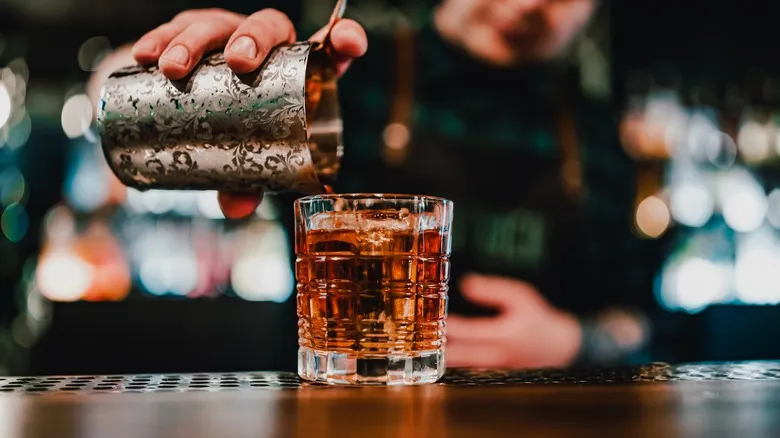The most likely story
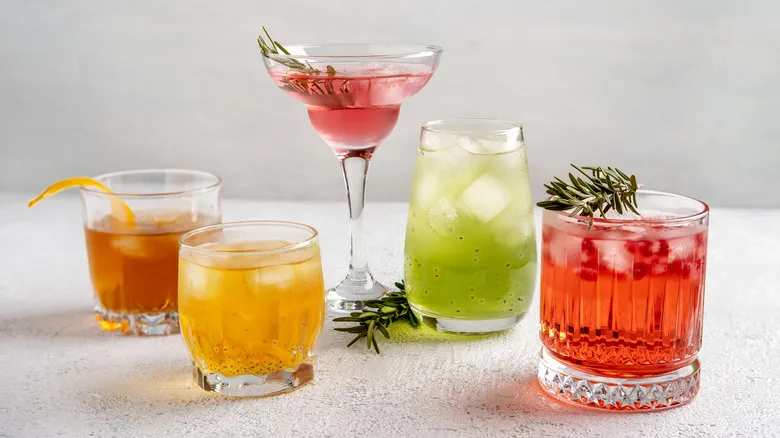
While those stories are certainly intriguing, the most fascinating theory regarding the origin of the word "cocktail" is surprisingly unrelated to actual beverages. The Oxford Dictionary explains that "cocktail" originally described a horse whose tail had been cut to stand upright, resembling that of a chicken, or "cock." Since it was primarily workhorses that had their tails docked, rather than thoroughbred racehorses, the term evolved to signify a horse of mixed lineage. Over time, this terminology began to be applied to mixed drinks.
The term "cocktail" was sporadically used to refer to beverages in the early 1800s, but it wasn't formally defined until May 13, 1806, in a column of The Balance and Columbian Repository newspaper. In response to a reader's inquiry about the term, the editor stated, "Cock-tail, then, is a stimulating liquor, composed of spirits of any kind, sugar, water, and bitters" (as noted by Difford's Guide). Initially, a cocktail specifically referred to a liquor mixed with sugar, water, and bitters, but over time, it expanded to include a variety of other recipes.
The first cocktail
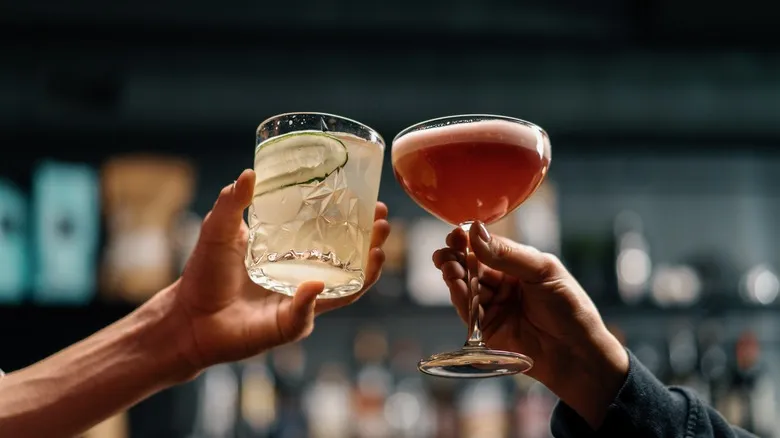
It can be inferred that people have been combining spirits and various ingredients for quite some time before the term was ever coined. Early advertisements for products like Dr. Copp's White Mountain Bitters suggest they were believed to remedy issues such as indigestion, fever, and jaundice, indicating that some of the earliest cocktails may have been created in an effort to formulate a type of medicine. It is widely accepted that the Sazerac holds the title of the first official cocktail. Created in 1838 in New Orleans, this legendary drink includes Absinthe, whiskey, Peychaud's bitters, sugar, and water.
Throughout the 19th century, cocktails gained immense popularity, paving the way for innovations such as Jerry "Professor" Thomas' "The Bartender's Guide," published in 1862. This was the first-ever mixology book and included recipes for cocktails that are still savored today, like the mint julep. The increasing creativity of bartenders, coupled with the greater availability of ice, ushered in a golden age of mixology, with new cocktails being invented in the decades that followed. It's difficult to envision a world without cocktails, but fortunately, that's not a reality we have to face. So, the next time you’re sipping a cocktail with a friend, take a moment to share the story of its origins and raise a glass to the spirited horses that inspired the name of this beloved beverage.
Recommended
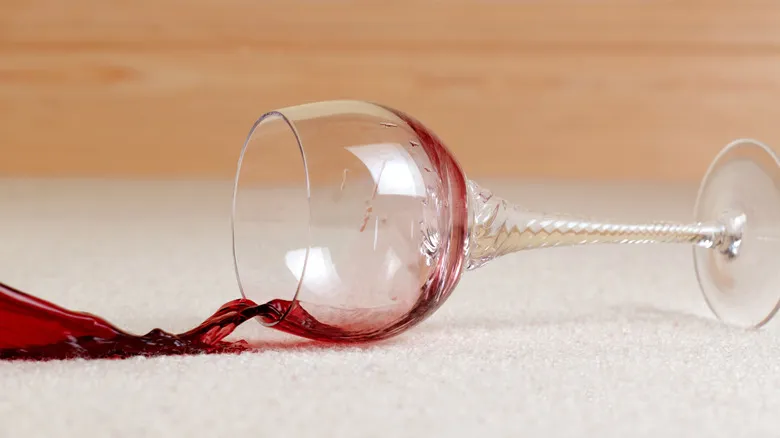
Is Dealcoholized Wine Completely Alcohol-Free?
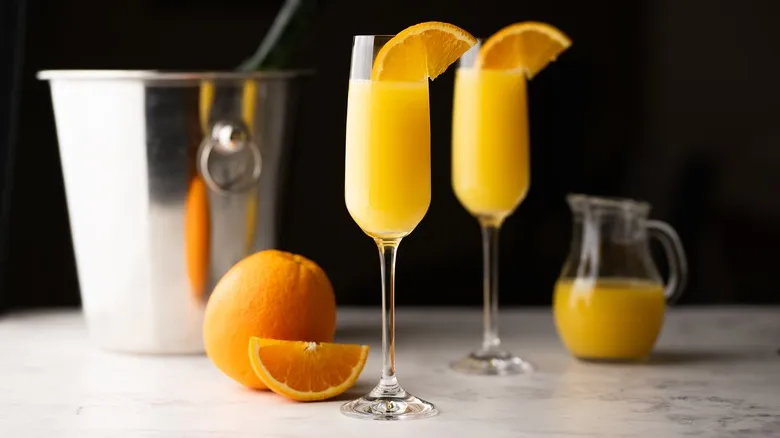
Here's How Many Champagne Bottles You Need For 20 Mimosas
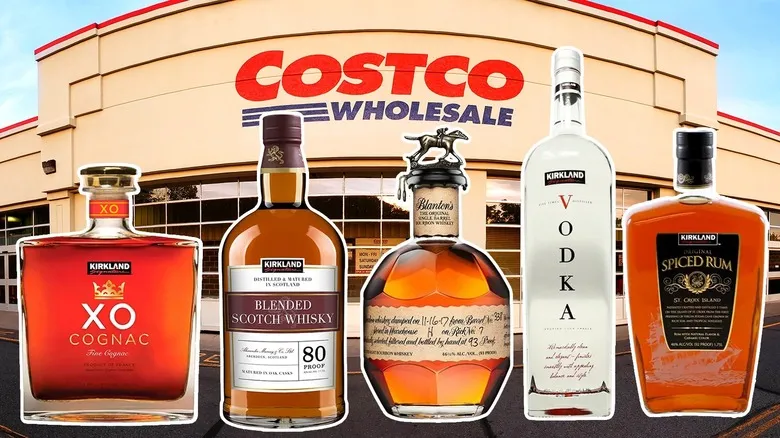
The Best And Worst Bargain Liquor To Buy At Costco
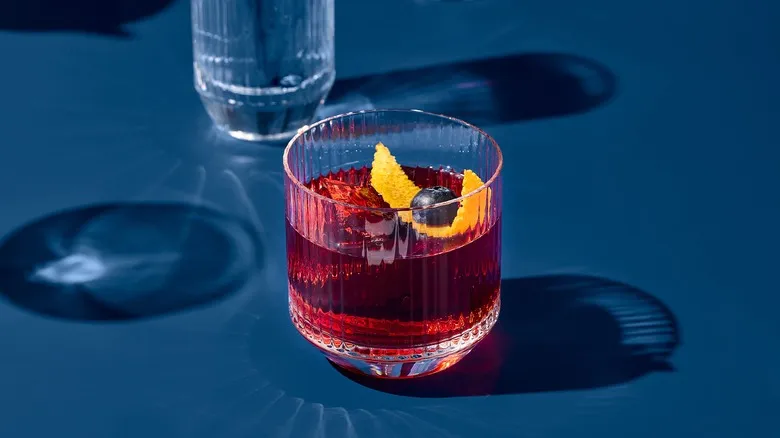
You Can't Have A Perfect Negroni Without A Bold Gin Choice
Next up

